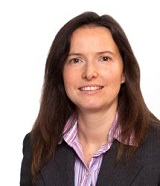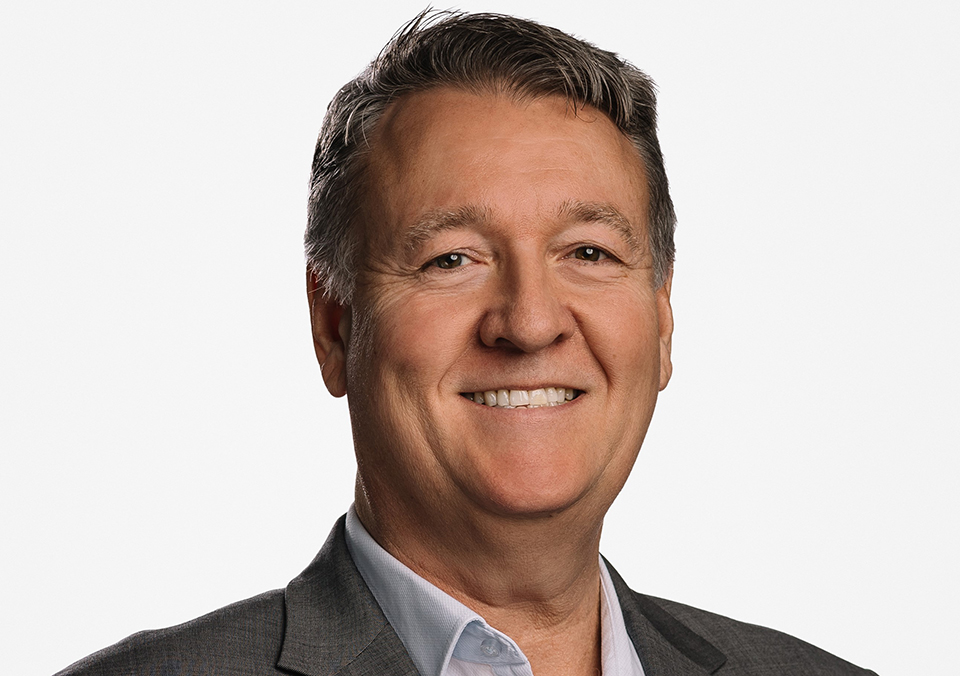The first successful robot currency traders could be with us by around 2020: that is the prediction of Joséphine de Chazournes, senior research analyst at Celent, the research and consulting firm.
Her timeframe, which she acknowledges is speculative, takes into account the enormous potential for AI in trading, as well as the equally large obstacles the technology still has to overcome.

|
|
Joséphine de Chazournes, |
“A lot of funds and banks are already investing in AI for trading, but latency is a big challenge when it comes to the FX market,” she says. “FX is the ultimate challenge for AI and it will probably be the last asset class it learns to trade, after blue-chip equities and US treasuries, which have similar challenges to FX.”
There are also many macroeconomic variables influencing the currency markets that make them more complicated to model cognitively. However, De Chazournes believes these obstacles will be overcome. “We will see AI trading FX successfully in about three years,” she says.
Yaron Golgher, CEO at I Know First (IKF), which provides market forecasts based on an AI algorithm, thinks some financial institutions might already be further along in their efforts to develop AI FX trading machines.
“Although the field is very secretive, it’s safe to assume that advanced AI-based algorithms are likely already being used in trading by some more successful trading houses,” he says.
One trader who is open about his efforts to develop AI to trade currencies on his behalf is David Lopez Onate, founder of Forex Artilect. Although his fund is not yet investable, he believes trading forex is already viable for AI. However, as good as it is now, he believes it will get better over time as it overcomes the challenges that Celent’s De Chazournes outlines.
“AI will get better as technology advances and Moore’s Law makes processing power cheaper, because the computational power required is huge,” says Onate. “It can be profitable now but it can be a hundred times better in the future.”
Forex Artilect trades the four major currencies, which keeps trading costs down, typically holding positions for a few days. Using backtesting, it generated $100 million from an investment of $10,000 in just two years.
“The backtested numbers look a little too good to be true, but if we can generate even a few percent of that performance in real trading conditions, that will be awesome,” says Onate.
He says he is applying AI to forex partly because it was his market before he got interested in the technology. “But also it’s because there are so few people looking at applying AI to currencies, I saw that as an opportunity to get ahead,” he adds.
Filtering the noise
Of course, algorithms have already gained considerable traction among traders in financial markets, with a significant proportion of currency trading already conducted electronically, with markedly reduced human involvement. However, where algorithms excel at analysing large data sets, looking for anomalies or hidden correlations, they lack the critical analysis of a human trader.
Software vendors have the programming skills to build AI, but for it to reach its potential trading the currency markets, they need to convince the best FX traders to help them build the systems. If the two groups can work together, AI promises to take algorithms to the next level, marrying the computational capabilities of a machine with the judgement of an experienced trader.
This remains a delicate exercise. Onate says: “There is a lot of noise in financial markets and the challenge for AI is filtering out the noise, because you can accidentally filter out a signal. Longer-term trading is easier because the signals are much clearer. But we are still experimenting; we are always testing and enhancing the system.”
IKF, which generates daily market predictions not only for currencies but also for stocks, commodities, ETFs, interest rates and world indices, for the short-, medium- and long-term time horizons, claims to be further along in this process. Its AI system accounts for a broad range of market signals when forecasting, says Lipa Roitman, chief technology officer at IKF.
“What is particular about our algorithm is that every forecast is accompanied by a number – we call it ‘predictability’ – that indicates the quality of the learning,” he says. “Then we sort the entire universe of forecasts and pick the most probable opportunities.”
Assuming financial institutions find the right mix of machine intelligence and pertinent data, IKF’s Golgher says the advantages of trading forex with AI are objectivity, self-learning and flexibility.

|
|
Yaron Golgher, |
“The signals depend on objective machine-learned and tested parameters, and not on the human derived assumptions,” he says. “Machine-learning algos digest and learn the new information arriving from the markets, and as the market circumstances change, the advanced AI algorithms detect the change, and adjust accordingly. The algorithm is always evolving.”
Creating machines that are better than people at adjusting to new circumstances sounds particularly appealing at a time when central banks are experimenting with new strategies in managing the global economy.
Quantitative easing is a new item in the monetary tool kit, while there is no precedent for the extended period of low and negative interest rates that have prevailed in recent years. AI, just like the best human economists, will only know for sure how these monetary experiments influence markets when there is hard data to analyse.
However, IKF’s Roitman believes AI can anticipate how new events will impact markets quicker than humans.
“The self-learning algos are flexible enough to adapt to new conditions,” he says. “With enough historical data in the learning cycle, the algos detect change, and have enough general intelligence to predict when the same situation has not happened before.”
Big obstacles
However, for all the successes of a relatively small number of enthusiasts, AI is likely to remain a niche product for the foreseeable future. Most investors are loath to put money into something unless they clearly understand how it can generate returns and losses, and especially since many were burnt investing in unfathomably complex derivatives before 2008.
Regulators will also take some convincing before they are comfortable with AI trading systems being unleashed on the markets. Banks’ own risk managers will also want to understand how they work. Until AI systems can clearly justify the rationale behind all their investment decisions, it will be difficult for institutional investors to allocate to them in a meaningful way.
For now, AI is better at making decisions than explaining how it made them.
Most significantly, to date the cost remains prohibitive. De Chazournes says: “Where the learning part of the trading model can be conducted on a T+1 or T+2 basis, as in small and mid-cap equities, some solutions already exist; the main issue being the exorbitant cost of such computer power in collocation to run the software in real time.
“There are also many other higher priority issues that financial institutions try to solve with AI; teaching it to trade currencies is not top of mind – think regulatory compliance, reputation and cost reduction, for instance.”
In time, however, AI could be as transformational to trading – in forex and beyond – as the previous generation of algorithms. In fact, it could be even more so, says Roitman.
“It will be more widespread due to obvious competitive advantage over other fixed knowledge algorithms,” he predicts.




